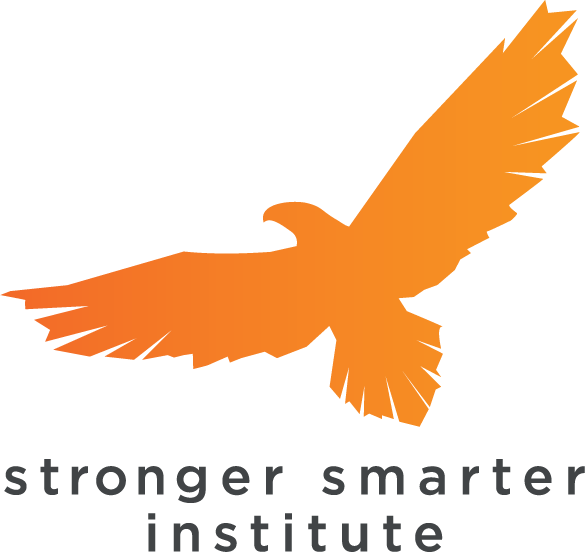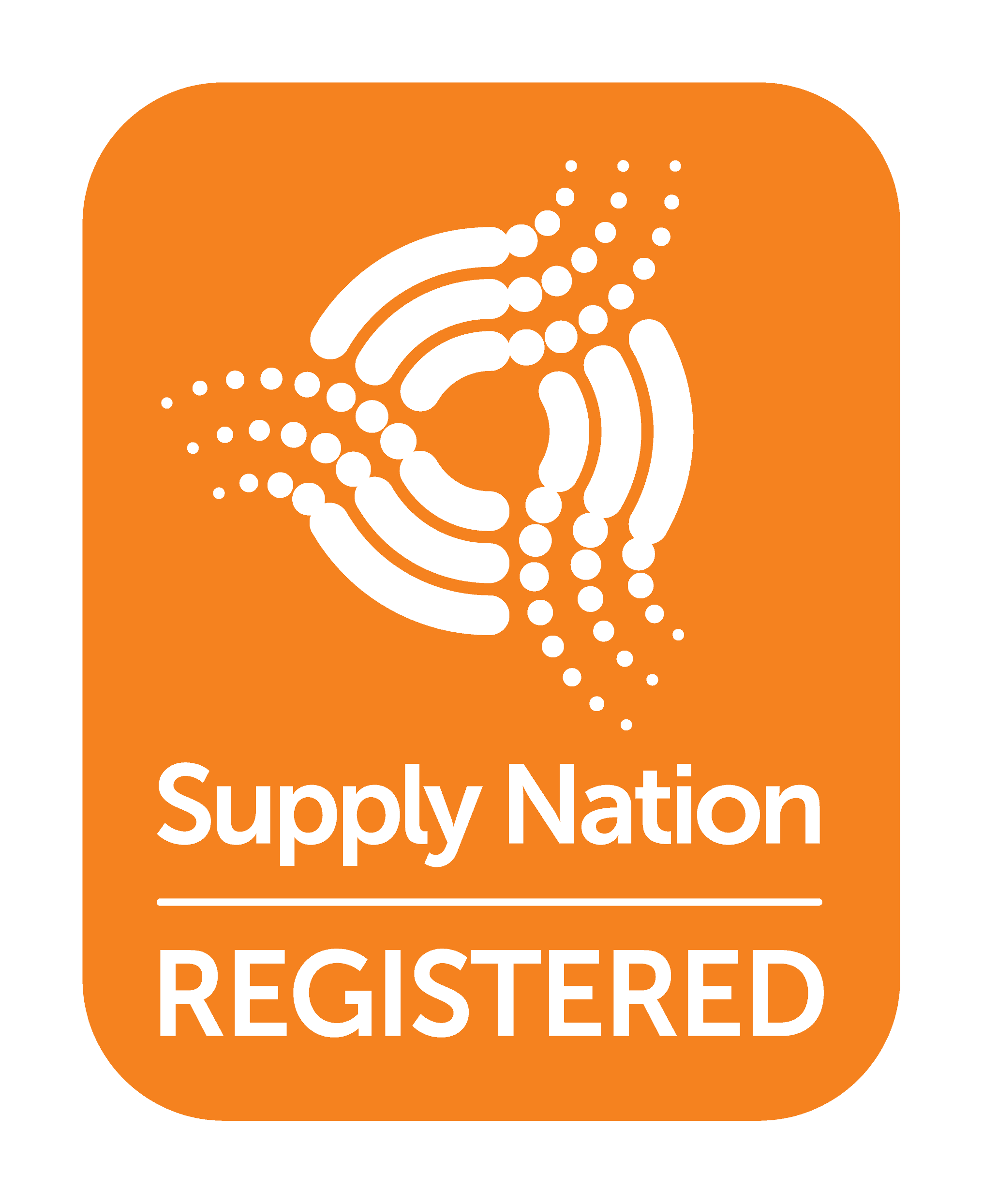27/01/2016
In 2015, the Northern Bay P-12 College Koorie Education Team, led by Carrie Tinning, Aboriginal and Torres Strait Islander Education Coordinator, won the Victorian Education Excellence Award for Outstanding Koorie Education.
“‘In the back of my mind I’m always thinking ‘how am I making these kids strong and smart’
Carrie Tinning, Aboriginal and Torres Strait Islander Education Coordinator, Northern Bay College, Victoria
When given the task of setting up the Koorie Education Program at Northern Bay College, Carrie Tinning says she didn’t really know where to start. The ‘seed was planted’ to establish her Coordinator position by Campus Principal Neil Lynch after he attended the Stronger Smarter Leadership Program in 2012. Carrie says when she attended the Leadership Program in 2013, it taught her some of the leadership skills she needed to get staff in the school all thinking along the same lines of supporting their Aboriginal and Torres Strait Islander students.
Carrie says, her university training hadn’t really provided all the knowledge or skills she needed to fully support Indigenous education. “I needed to be able to ask some hard questions, but not offend,” she says. “The other thing I took from the Leadership Program is always having in the back of my mind, ‘how am I making these kids strong and smart?’”
The school has worked hard at building relationships with the local community and sharing the school’s high expectations. “The whole family surrounds the students, so it is important to build those relationships,” Carrie says. Specific strategies for the Koorie students include forums and camps to strengthen personal development and cultural pride. They also focus on aspirations and leadership and career pathway programs. One simple strategy is to set individual goals with each student at the start of the year. Carrie says, “These can be simple goals, but it sets the tone to achieve the little things which then move onto the bigger things.” They also have checks in place to provide ongoing insight into the learning progress and wellbeing of each student. In the senior program, they support students through tutors and with Indigenous mentors through the AIME program.
The school now has a strong focus on cultural identity, and local history and connections are reflected in school events and curriculum. Carrie says that before they set up the Koorie Education Program, the only time they touched on local culture was at NAIDOC week celebrations, and that wasn’t enough for the kids to feel connected. They have now introduced a local Indigenous language program in Pre-school through to Year 2. For the older students, the ‘Spreading the Message’ project involved students sharing their stories through designing and painting timber bollards. Carrie says that the non-Indigenous kids now have a much greater respect for First Nations people. The feel of school assemblies has changed. An Indigenous student gives a welcome to country and a non-Indigenous student gives an acknowledgement to country, and there is competition from the students to be involved.
Carrie says they are seeing good improvements in the three years since their Koorie Education Program started. There has been a huge change in aspirations and career pathways for students. Attendance for the Indigenous students has been on a steady rise, and they are also seeing improved retention. There are particular highlights with individual students, for instance seeing a student who was previously disengaged with school completing Year 12 with aspirations for university, or seeing a Year 12 student improving attendance from 52% to 94%.
In 2015, the success of the program was recognised when Carrie and her team received a Victorian Education Excellence Award for Outstanding Koorie Education.
Carrie says that ‘Stronger Smarter’ has been integral to their work, and has helped in changing the whole school culture. The Leadership Program gave both Carrie and Neil the insight of the context of the effects of colonisation and the skills and knowledge to challenge assumptions with staff. The language in the school has changed to high expectations and positive student and family relationships. “What was missing before was that real understanding of high expectations. That was what resonated with me,” Carrie says.




